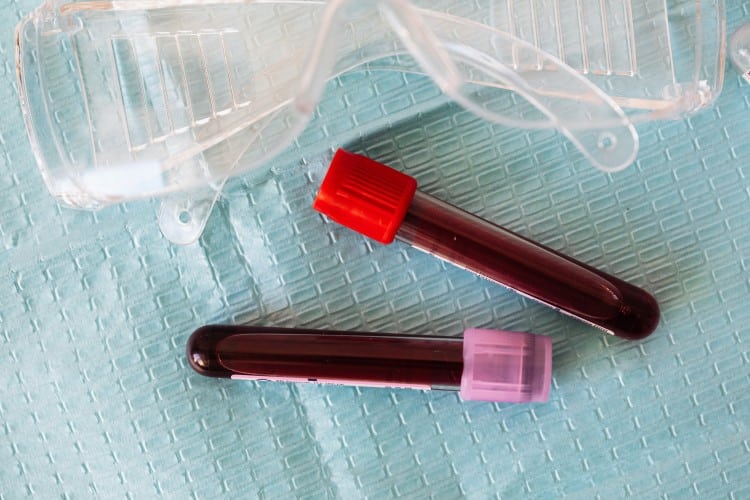DNA testing can reveal certain genetic markers that are associated with certain geographic populations, but it cannot definitively determine a person’s race. Race is a social construct and there is significant overlap and variation in genetic markers among different racial groups. Additionally, many people have mixed heritage, which makes it difficult to assign a single race based on genetic markers. DNA testing can provide information about a person’s ancestry, but it should not be used to make determinations about a person’s race.
We are aware that geography has an impact on DNA. Although in theory everybody can mate with anyone else, in reality we usually mate with those who are close by. If we could piece together everyone’s DNA from everywhere, we might discover that those who live close to one another are more likely to share genetic traits than those who live farther apart. In theory, it should be feasible to determine a person’s genetic ancestry by comparing the DNA of a randomly chosen individual with DNA from other people throughout the world. Such “admixture” tests are available from direct-to-consumer genealogy organizations, and it is typical for customers to learn that they have a particular proportion of, for instance, Native American, Asian.
Can DNA tests tell you about ancestry?
Ancestral DNA testing is a type of genetic testing that analyzes a person’s DNA to provide information about their ancestry and ethnic origins. And it can perform well in the El Paso DNA testing. So Yes, DNA testing can provide information about a person’s ancestry. There are several types of DNA tests that can be used for this purpose, including:
- Autosomal DNA testing: This type of test analyzes genetic markers from all 22 pairs of autosomes (non-sex chromosomes) to provide information about a person’s ancestry from all of their ancestors. It can also estimate the percentage of a person’s ancestry that comes from different geographic regions.
- Mitochondrial DNA testing: This type of test analyzes the DNA in a person’s mitochondria (the energy-producing structures in cells) to provide information about a person’s maternal ancestry.
- Y-chromosome DNA testing: This type of test analyzes the DNA on the Y chromosome (one of the two sex chromosomes) to provide information about a person’s paternal ancestry.
How can DNA tests determine ethnicity?
Best DNA test El Paso Tx companies determine DNA ethnicity using DNA samples from present-day individuals, which form a panel of reference populations. DNA tests can determine ethnicity by analyzing certain genetic markers that are associated with specific geographic populations. Different populations have certain genetic variations that have been inherited over generations, which can be used to infer a person’s ethnic background. The most common type of DNA test used to determine ethnicity is an autosomal DNA test. This test analyzes genetic markers from all 22 pairs of autosomes (non-sex chromosomes) and can estimate the percentage of a person’s ancestry that comes from different geographic regions.
It can provide information about a person’s genetic ancestry DNA testing, it should not be used to make determinations about a person’s race or ethnicity. This is because race and ethnicity are social constructs and there is significant overlap and variation in genetic markers among different racial and ethnic groups. Additionally, many people have mixed heritage, which makes it difficult to assign a single ethnicity based on genetic markers.
How accurate are DNA ethnicity tests?
The accuracy of DNA ethnicity tests can vary depending on the specific test and the company that provides it. Some DNA testing companies have larger databases of genetic information from different populations and can provide more detailed and accurate ethnicity estimates. However, even with the largest database, it’s important to note that genetic ancestry testing is not an exact science and the results should be viewed as estimates rather than definitive answers. Additionally, the accuracy of the test may be impacted by the size and diversity of the reference population used to compare the results.
Furthermore, it is important to note that DNA ethnicity testing relies on the assumption that genetic markers are associated with specific geographic regions or ethnic groups, and that these associations are stable over time. This is not always the case, as people have moved and intermixed over the centuries, and the genetic heritage of a population can change over time.
Additionally, Best DNA test El paso Tx companies may not have enough data from certain regions or ethnic groups, which can lead to inaccurate results. Therefore, it’s important to be aware that DNA ethnicity testing may have certain limitations and that the results should be interpreted with caution.













Leave a Reply